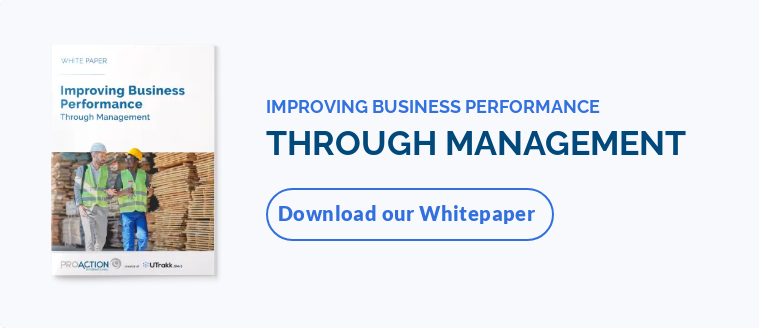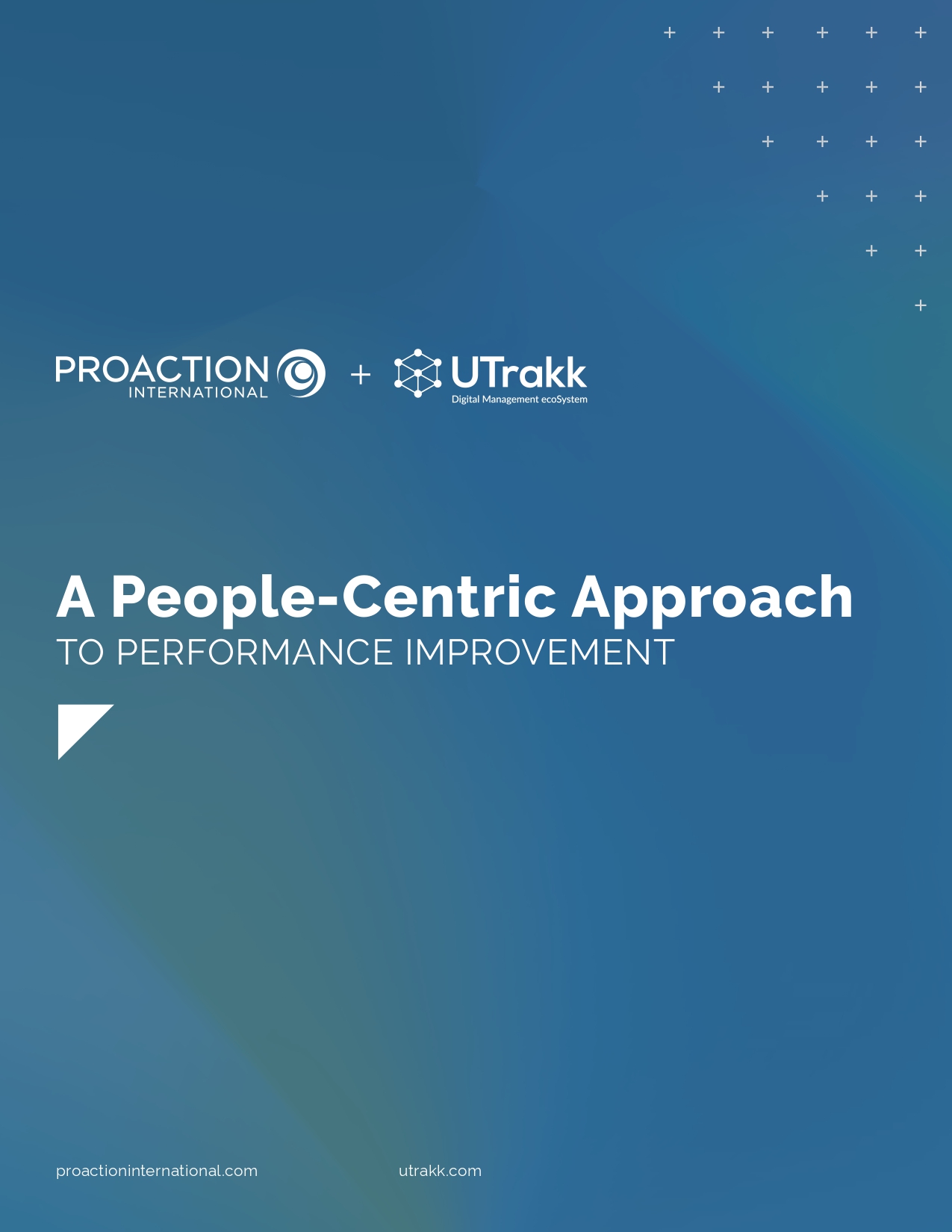Foresight
Foresight allows you to be well-prepared for every eventuality and to control what's coming in the best way possible; by considering all the organization's stakeholders (employees, clients, suppliers, board of directors, etc.), and understanding all aspects of operations and finance, you can draw up a plan with fewer blind spots, which will rally the troops behind you.
Then you have to implement your plan. How can best management practices, such as communication and kindness, help you to deal with this economic and social crisis? Implementing these best practices could allow you to better manage the risk of employee disengagement or absenteeism, and can provide an opportunity for you to adjust some of your management practices, or even reshape the relationship your managers have with their teams.
Communicate proactively
As always, make sure you communicate the right information to the right people, at the right time. Employees want answers to their questions and sometimes need reassurance; you should be seen as a trusted partner who implements convincing initiatives to protect them. So:
- Communicate with your employees regularly;
- Be clear when sending out your instructions and key messages;
- Use just the right level of detail to establish the facts, but avoid panic;
- Make your position about the virus known in your communications, for example, by indicating the measures you have put in place for your employees’ well-being;
- Be transparent, perhaps by highlighting the impacts and actions taken to counter the effects of the pandemic on your organization's performance areas;
- Offer advice, and, above all, provide support and resources so they can stay on track.
At a time when uncertainty and misinformation abound, it is important to find reliable sources to gain a good understanding of the situation and the risks, and to establish your strategies and tools. If you are in Ontario, Quebec, or elsewhere in Canada, take a look at government websites or the World Health Organization (WHO) site.
Be kind
As an employer, your employees are both your greatest wealth and one of your top priorities, and this is never more evident than during a crisis. Communicating with them proactively and showing that you care about their well-being will only make them want to collaborate more.
Your employees need to be in peak physical and mental condition to deliver good results. But right now, their concerns extend far beyond their professional lives. With daycare centers and school closures, cancellation of gatherings, confinement of the elderly, and financial uncertainty, people's routines have been turned upside down, and no one knows when it will end.
Due to their close collaboration with employees, your front-line managers are best placed to feel the pulse of their teams, identify gaps that could compromise the smooth functioning of your contingency plan, and identify opportunities.
It is more important than ever to establish a climate of trust within your organization, and genuine dialogue is the best way to achieve this. Take time to find out more about your employees by asking them sincere questions that you honestly want to know the answers to:
- How are you today?
- How are your kids?
- How are things at home?
- Is there anything you're particularly stressed about?
More than ever, your employees need to feel valued at work. It is important to continue giving them clear targets and instructions, and plenty of positive reinforcement. It is the manager’s responsibility to keep up these best practices, even in this current situation of uncertainty.
This atmosphere will encourage your employees to open up, which will allow you to get a more accurate picture of the threats: do they ever put themselves at risk? Have they come into contact with anyone who is infected? How easy is it for them to comply with protection and hygiene rules? The answers may allow you to adjust the measures in place to create an environment that meets as many needs as possible
To keep track of the virus in your area, take a look at this dashboard, put together by the Center for Systems Science and Engineering (CSSE) at John Hopkins University in Maryland, USA.







